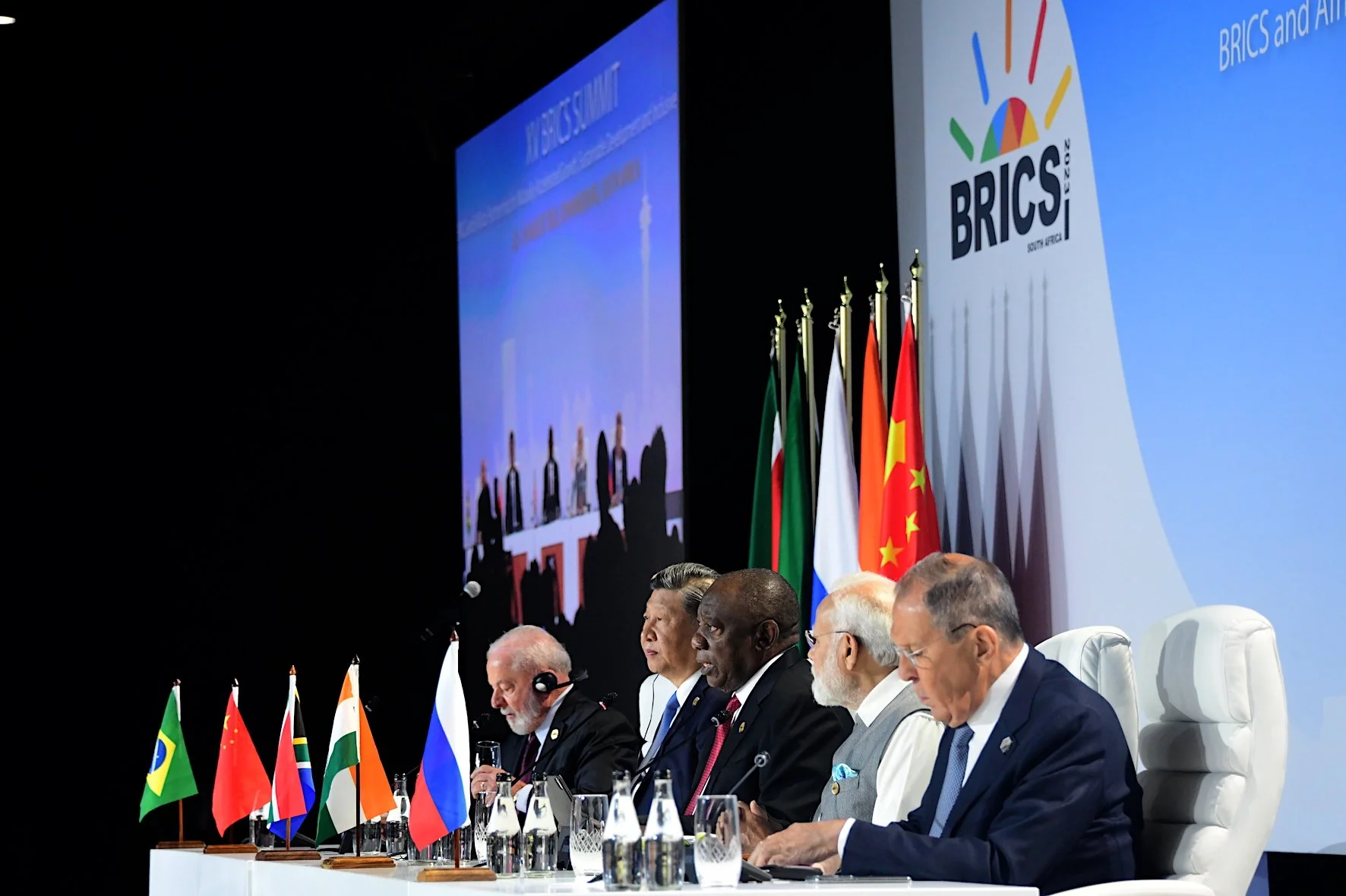Central and Eastern Europe’s (CEE) relationship with Taiwan is evolving amid shifting global dynamics.
Dr Zsuzsa Anna Ferenczy speaks with Matej Šimalčík, a Taiwan Fellowship recipient currently based at the Institute for National Defense and Security Research (INDSR) in Taipei, to explore the implications of these developments for CEE, Taiwan, and the broader geopolitical landscape.
Read More




